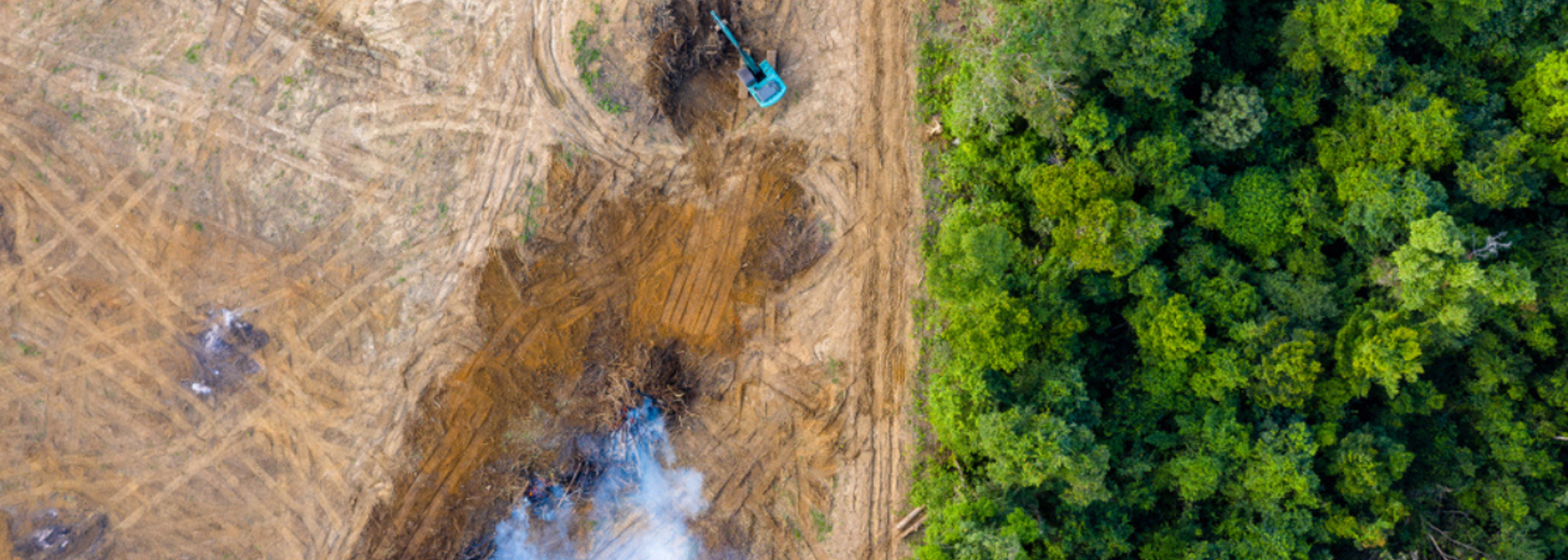Looking for a new role in environmental health?
Whether you're just starting out or ready for your next step, EHN Jobs connects you with the latest opportunities in environmental health across the UK.

WWF, RSPB, National Trust and CEOs of Tesco and NatWest among leaders calling for business community to take action to help restore the natural world

Looking for a new role in environmental health?
Whether you're just starting out or ready for your next step, EHN Jobs connects you with the latest opportunities in environmental health across the UK.